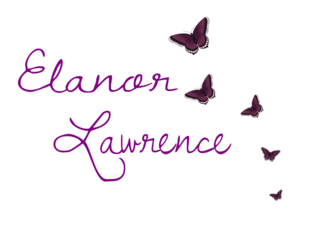I know that one thing you should never, ever do on your blog is talk about your dream agent. After all, what happens if you query an agent other than her, who then reads your blog and realizes that you’d actually much rather have someone else? For that reason, I’m not going to talk about dream agents. I just want to talk about agents in general to get at the big question: what do you look for in an agent?
I know for unagented authors, sometimes it can seem like just getting any agent at all is a huge thing, so you don’t really care which one. Some days I feel like this: I just really want an agent. But on other days, when I’m being sensible, I realize that I’m young, and finding the right agent who’ll work with me for the rest of my career is going to be really important.
Here are a couple things that I really want in an agent:
- They should be hands-on. I want an editorial agent. I want them to care about helping me make my book as good as it can possibly be.
- They should share my values. This means that I don’t want an agent who reps erotica, or who mainly reps paranormal, or who wants me to amp up the sexual content in my stories. They don’t need to be Christian, but I want them to accept the religious views in my stories.
- I want to get to know their other clients. I want some of their other clients to be ones who I respect; I’ve read their stories and I’ll be proud to be connected to them through the agency.
- They should sell to big presses. Now, I don’t mean exclusively or anything, but it’s my dream to sell to one of the big six, so even if I don’t get there right away, I want that possibility.
Those are all of them that I can think of off the top of my head. Now, how do I find out whether an agent fits these criteria?
- Follow them on twitter. If an agent is hands-on, they’ll mention stuff about editing client manuscripts, or they might outright call themselves editorial in a twitter chat.
- Follow their blog. Their values will come out that way; I probably don’t want an agent who swears a lot. Also, someone who has a lot of sketchy book covers at the side of their page… nuh uh.
- Read the acknowledgements sections of my favourite books and see who their agents are. Look at the lists of authors on the website; if I don’t recognize any, I’ll normally forget about the agency.
- Go to their website and look at the list of books to see if I recognize any (I mainly read books from big presses). Check out their recent sales and look up the books to find a publisher.
These four suggestions are great ways to get to know agents to see if you really want them to represent you. There are lots of great agents out there who are amazing at what they do, but just not right for me. I’m not saying you should be too choosy, but it does pay to do your research.
Over to you, my readers. How is your Great Agent Hunt going? Any tips for finding agents to query? What do you look for in an agent?






